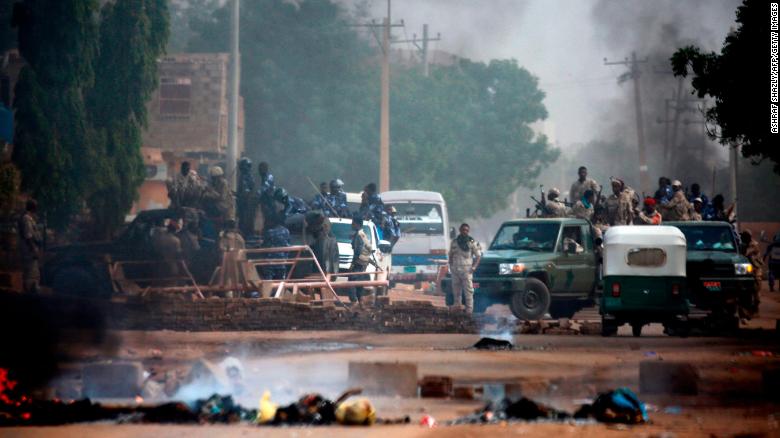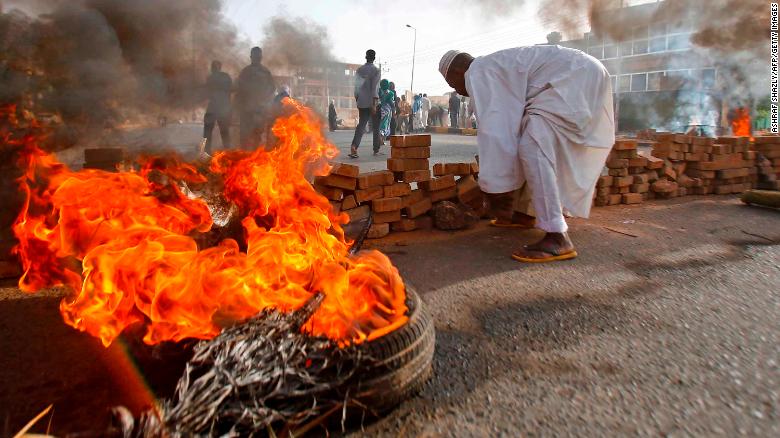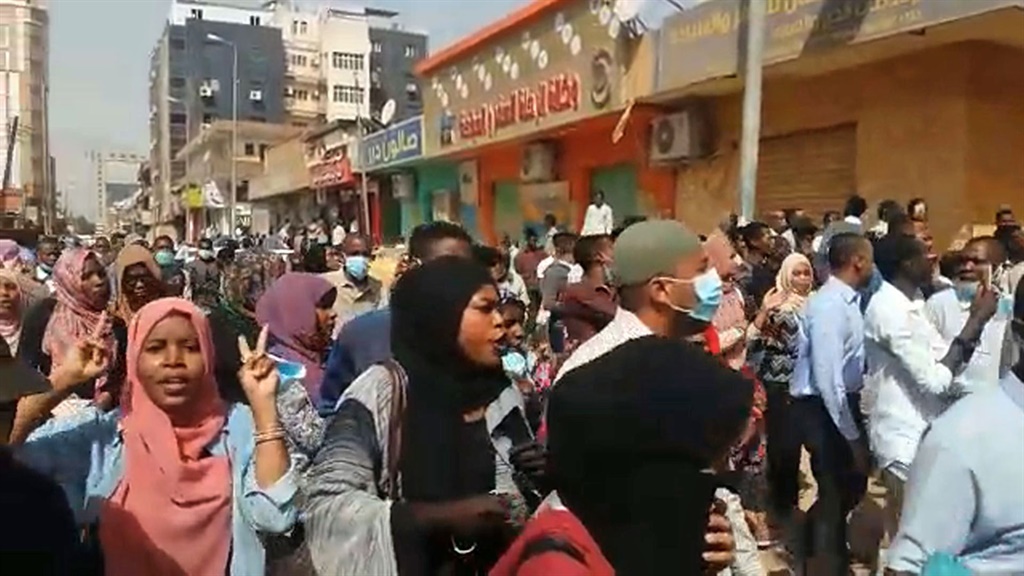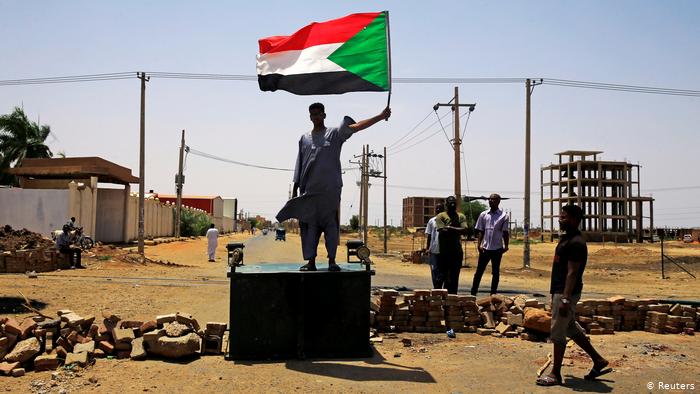Sudan, like all countries of the African continent, is a semi-colonial and semi-feudal country dominated by bureaucratic capital. In April, President Bashir, who ruled for over thirty years, was overthrown by popular masses and the military.
This fact had been preceded by months of protests and struggles. After that, the army took over the government, according to their own information only for a short time, until the formation of a "civilian" government. But it looks like the new rulers do not think about relinquishing power. Of course, the Sudanese people realized this quickly and declared the new government as an enemy. Already in April mass protests were initiated and parts of the country paralyzed. In the capital Khartoum important roads were blocked. Since the beginning of the new protests, the military headquarters has been surrounded and the accesshas been blocked by barricades. On Monday, the military stormed the square in front of the headquarters to clear this. They used tear gas, water cannons and live ammunition. During this veritable massacre, according to the Association of Doctors of Sudan, who play a leading role in the protests, at least 35 demonstrators were murdered.

The masses had nothing to oppose the technically superior army. On the run numerous barricades were built to stop the advancing troops and tires inflamed to nebulise the field of fire of the soldiers. During the day there were many fights throughout the capital.

Noteworthy is the huge participation of the women of the Sudanese people in the protests, demonstrations and struggles.

For Monday, June 10th, a general strike was called, which is in full swing at the time of writing. All main roads are blocked, almost all shops and businesses are closed. There are reports of fighting across the country, of strikers defending roadblocks and building new ones. During the night from Sunday to Monday at least four people were shot while trying to build barricades.

We know that only the Communist Party of the respective countries can lead a revolution that really does change the living conditions of the people. And that's exactly what the Sudanese people need.
